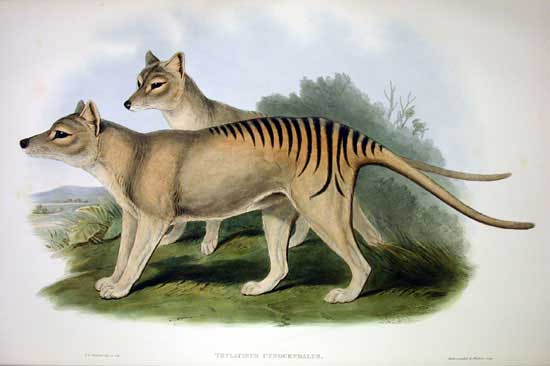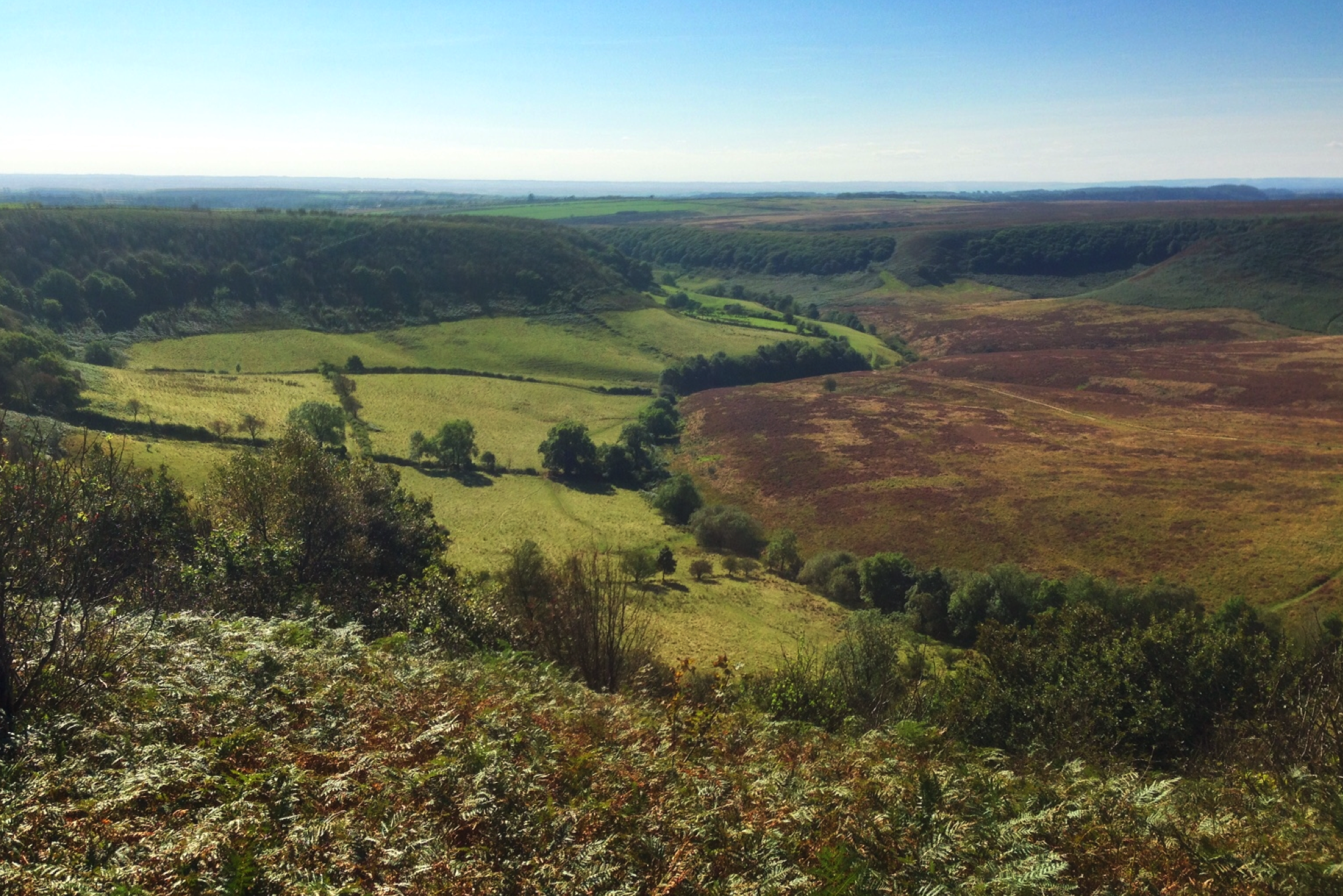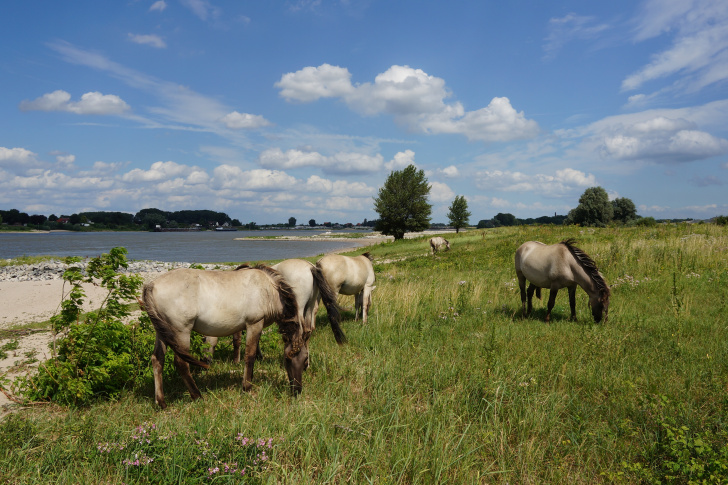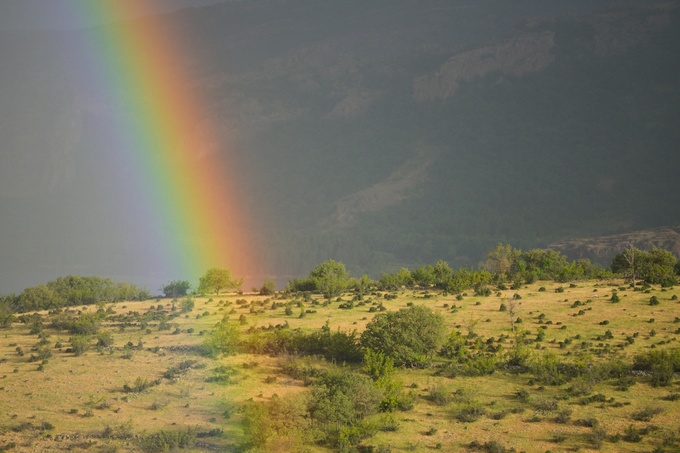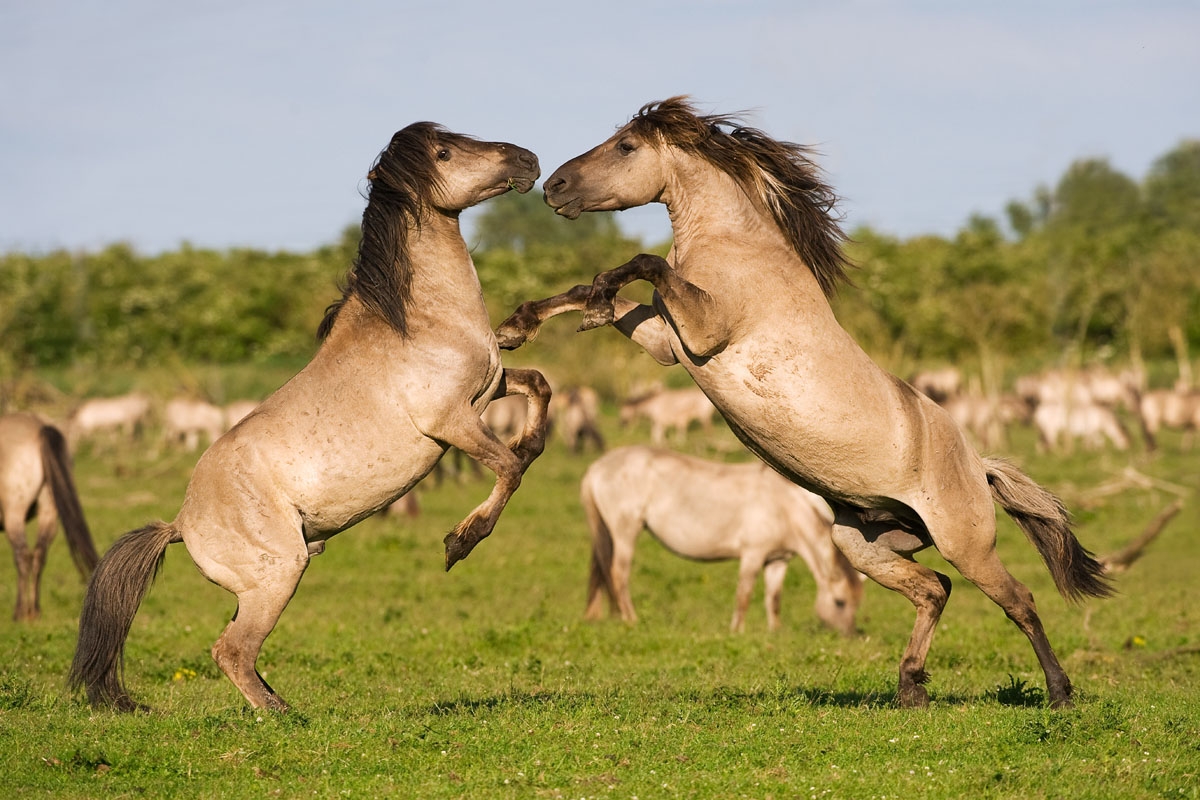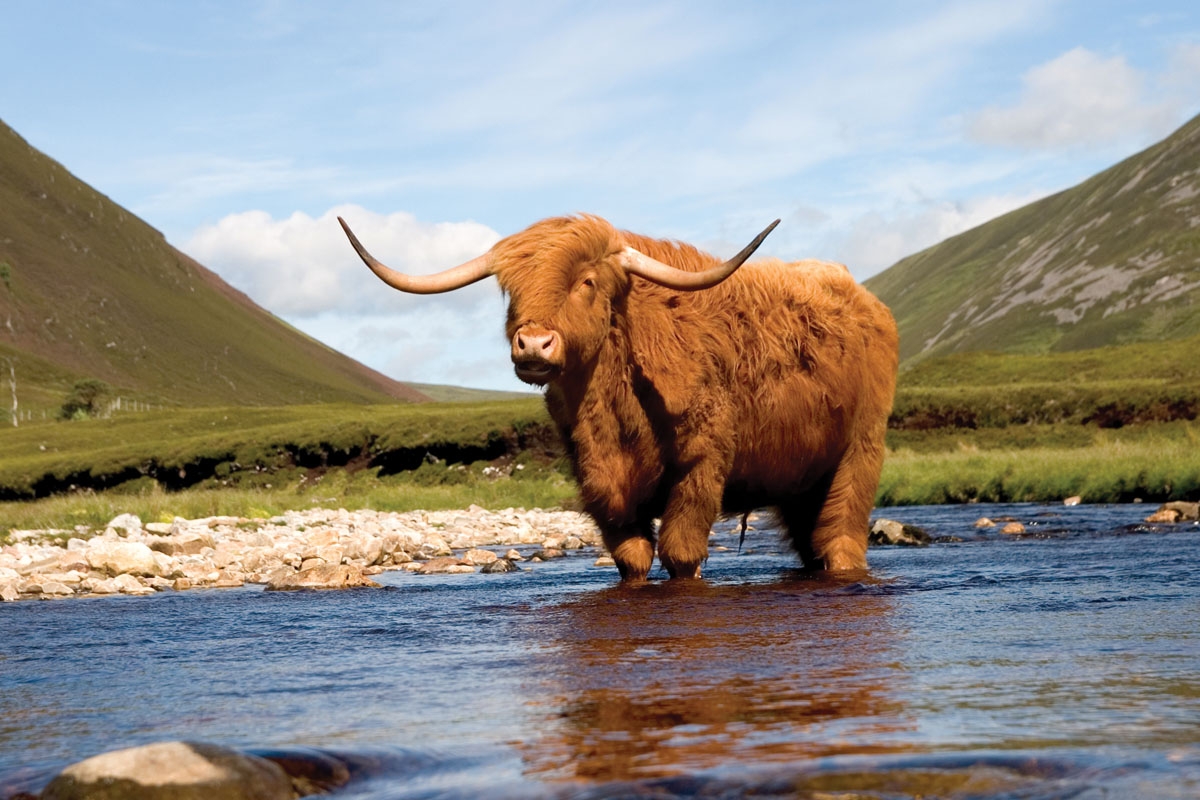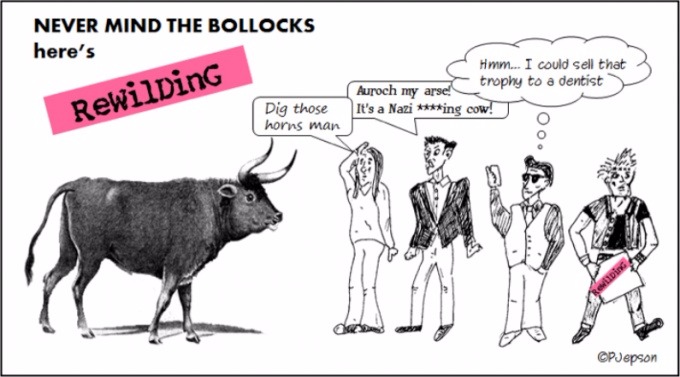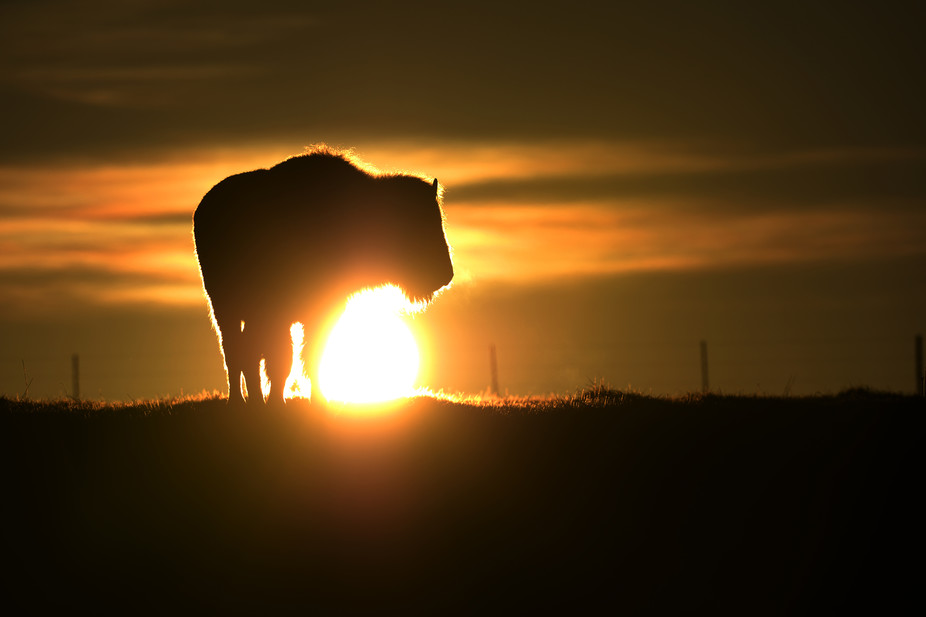Six different ways to think about ‘extinction’
The WWF’s new Living Planet report highlights a 58% decline in the abundance of 3,706 animal species since 1970, reinforcing the fear that humanity is bringing about a sixth mass extinction. The roots of this fear stretch back more than a century, when a series of well-publicised extinctions provided incontrovertible evidence that human actions could

